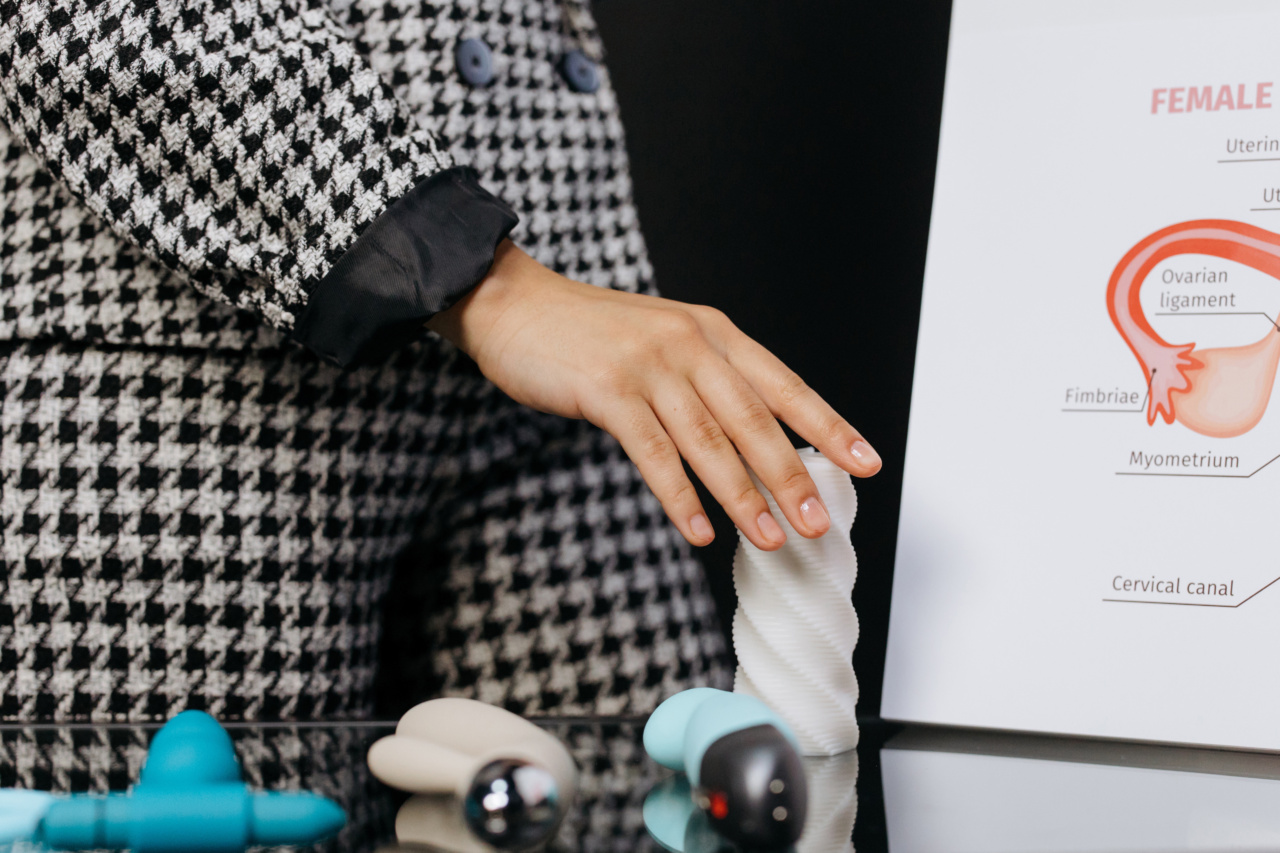Sexual satisfaction is an essential aspect of overall well-being and a fulfilling sex life can have numerous positive effects on an individual’s physical, mental, and emotional health.
However, it is important to recognize that there can be various barriers to sexual satisfaction, especially for women. These barriers can range from physiological factors to psychological and societal influences. In this article, we will explore some of the common obstacles that women may face in achieving sexual satisfaction and discuss ways to overcome them.
1. Lack of arousal and desire
One of the primary barriers to sexual satisfaction for women is a lack of arousal and desire. This can be caused by various factors such as hormonal imbalances, stress, fatigue, or certain medications.
It is crucial to address any underlying physical or psychological issues that may be contributing to this barrier. Open communication with a healthcare provider or therapist can help identify the root cause and determine appropriate treatment options.
2. Pain and discomfort during intercourse
Many women experience pain and discomfort during sexual intercourse, which can greatly hinder their sexual satisfaction. Conditions such as vaginismus, endometriosis, or infections can cause pain during penetration.
Additionally, inadequate lubrication or insufficient arousal can also lead to discomfort. Seeking medical advice is essential to diagnose and treat any underlying medical conditions contributing to this barrier.
Using adequate lubrication, communicating with a partner, and exploring alternative sexual activities can also alleviate discomfort.
3. Body image concerns
Society often places unrealistic expectations on women’s appearances, which can lead to body image concerns and affect their sexual satisfaction.
Feelings of insecurity, low self-esteem, or shame about one’s body can create barriers to intimacy and pleasure. Cultivating a positive body image through self-acceptance and self-care is crucial. Engaging in open and honest communication with a partner, who appreciates and values the individual beyond physical appearance, can also help overcome this barrier.
4. Performance anxiety
Performance anxiety is not unique to men and can also impact women’s sexual satisfaction. Fear of judgment, pressure to perform, or concerns about orgasm can create anxiety, leading to difficulties in enjoying intimacy.
It is important to remember that sex should not be performance-focused but rather focused on pleasure and connection. Developing self-confidence, practicing relaxation techniques, and prioritizing pleasure over performance can help alleviate this barrier.
5. Relationship issues
The quality of one’s relationship can significantly impact sexual satisfaction. Communication problems, unresolved conflicts, or emotional distance can create barriers to intimacy.
Building a healthy and strong emotional connection with a partner is crucial for satisfying sexual experiences. Establishing open and honest communication, seeking couples therapy if needed, and prioritizing emotional well-being can all help improve sexual satisfaction within the relationship.
6. Societal and cultural factors
Societal and cultural factors also play a role in shaping women’s experience of sexual satisfaction. Gender norms, societal expectations, and cultural taboos around female sexuality can create shame, guilt, or repression.
Challenging these societal narratives and embracing personal desires and preferences is essential. Educating oneself about healthy sexuality, exploring personal boundaries, and seeking support from like-minded individuals or support groups can help overcome these barriers.
7. Lack of sexual education
A lack of comprehensive sexual education can contribute to barriers in sexual satisfaction for women.
Inadequate knowledge about one’s body, reproductive health, and sexual pleasure can limit an individual’s ability to explore and understand their desires. Seeking out accurate and thorough sexual education resources, talking to healthcare providers, or attending workshops can empower women with the knowledge they need to overcome this barrier.
8. Trauma or past experiences
Past experiences of trauma, such as sexual abuse or assault, can have long-lasting impacts on a woman’s ability to experience sexual satisfaction.
These traumatic experiences can lead to feelings of fear, anxiety, or dissociation during intimate moments. Seeking therapy or counseling specialized in trauma can be highly beneficial in healing and reclaiming sexual pleasure. Patience, understanding, and support from a partner or loved ones are also crucial during this healing process.
9. Lack of sexual communication
Another barrier to sexual satisfaction for women is a lack of open and honest sexual communication with their partner. Many individuals may feel uncomfortable discussing their desires, boundaries, or concerns, leading to unfulfilling sexual encounters.
Cultivating a safe and non-judgmental space for open communication is vital for both partners to express their needs and desires. Engaging in regular conversations, using “I” statements, and actively listening to each other can foster better sexual communication and enhance satisfaction.
10. Cultural and religious beliefs
Cultural and religious beliefs can significantly influence a woman’s perception of sex and impact her sexual satisfaction.
Traditional values or restrictive beliefs may view sex solely for procreation or within the confines of marriage, leaving little room for exploration or pleasure. Evaluating personal beliefs, challenging outdated norms, and seeking guidance from supportive religious leaders or counselors who hold progressive views can help reconcile personal desires with cultural or religious values.































